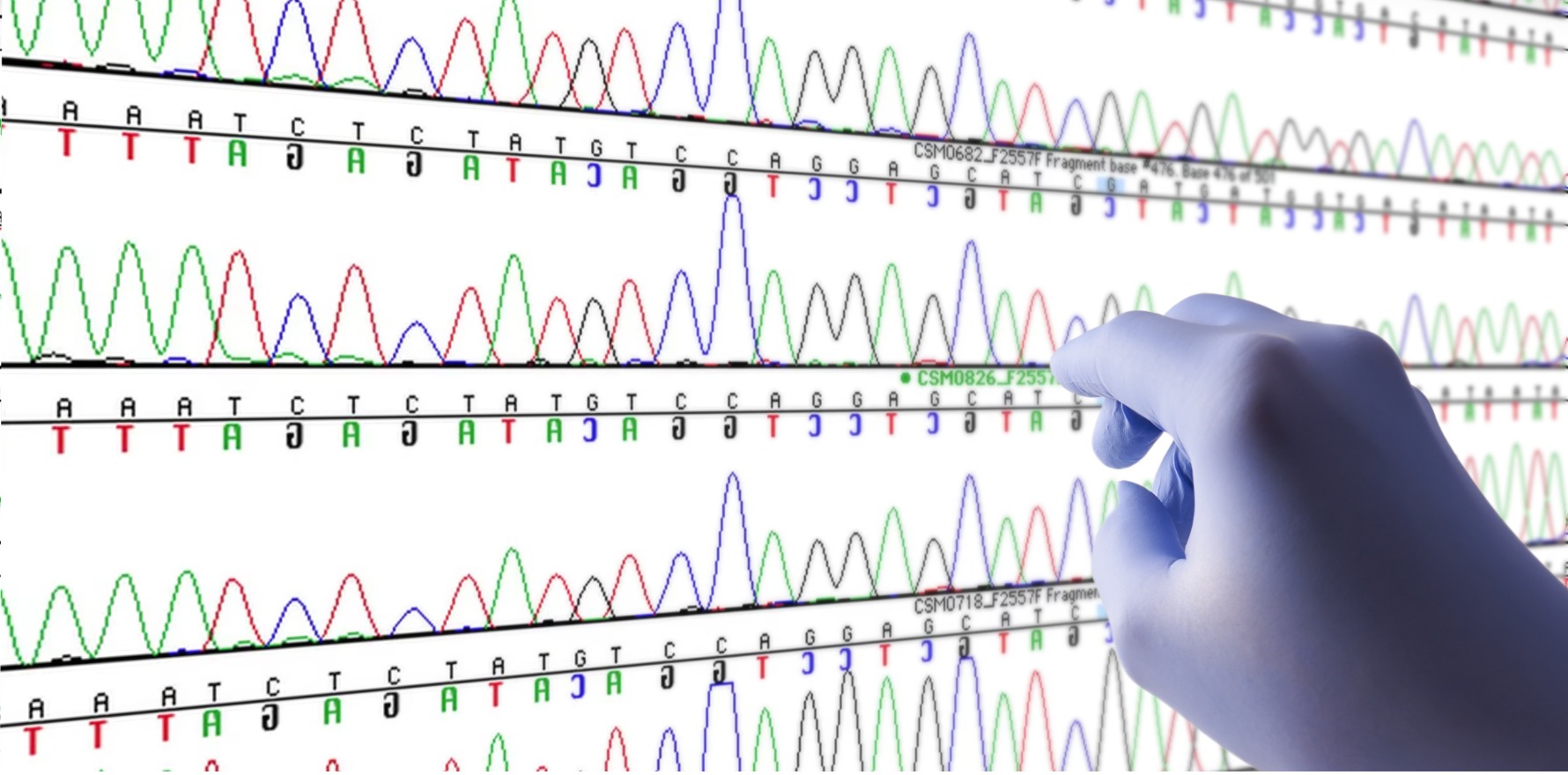Researchers identified more than 160,000 structural variants in DNA samples among 160 Indigenous Australians, many of which are linked to diseases in some families.
Australian researchers have conducted the most comprehensive sequencing of Indigenous Australian genomes to date, opening the door to new, personalised medicine targeting health inequities for Aboriginal and Torres Strait Islander people.
Comparing DNA samples from around 160 Indigenous Australians across the Central Desert, Queensland and the Northern Territory, scientists from ANU, the University of Melbourne and the Garvan Institute identified more than 160,000 structural gene variants, more than any previous population-level, long-read study to date.
According to Associate Professor Azure Hermes, deputy director of ANU’s National Centre for Indigenous Genomics and a proud Gimuy Walubara Yidinji woman, the findings emphasised the need for tailored medicine for Aboriginal and Torres Strait Islander Australians.
“Clinicians must realise treatment options for Indigenous Australians can’t be viewed through a one-model-fits-all lens,” Professor Hermes said.
“We are not a single genetic group and can’t be lumped into one category.”
At least 300 variants were discovered in each participant that appeared to be unique to Indigenous Australians, with non-uniform patterns of shared genetic drift indicating an extended period of continuing interaction between the northern populations of Australia and PNG.
According to Dr Hardip Patel, bioinformatics lead at the NCIG, the findings demonstrated a level of genetic variation among Indigenous Australians that was greater than almost anywhere else in the world.
“These DNA sequences show a level of genetic variation not observed anywhere else in the world outside of Africa, reflecting Aboriginal and Torres Strait Islander peoples’ deep cultural and linguistic diversity and long-standing connection to the Australian continent,” Dr Patel said.
“Some of the DNA variations we discovered appear to be exclusively found in Indigenous Australians, while others appear to be found in just one out of the four Indigenous communities that we consulted and worked with.
“Previously we’ve had to try to utilise the DNA of non-Indigenous populations to help diagnose and treat disease among Indigenous Australians, which has proven difficult and is often less reliable. But now we have a new, more representative genomic dataset to build off.”
The research is published in two separate papers in Nature (here and here).


